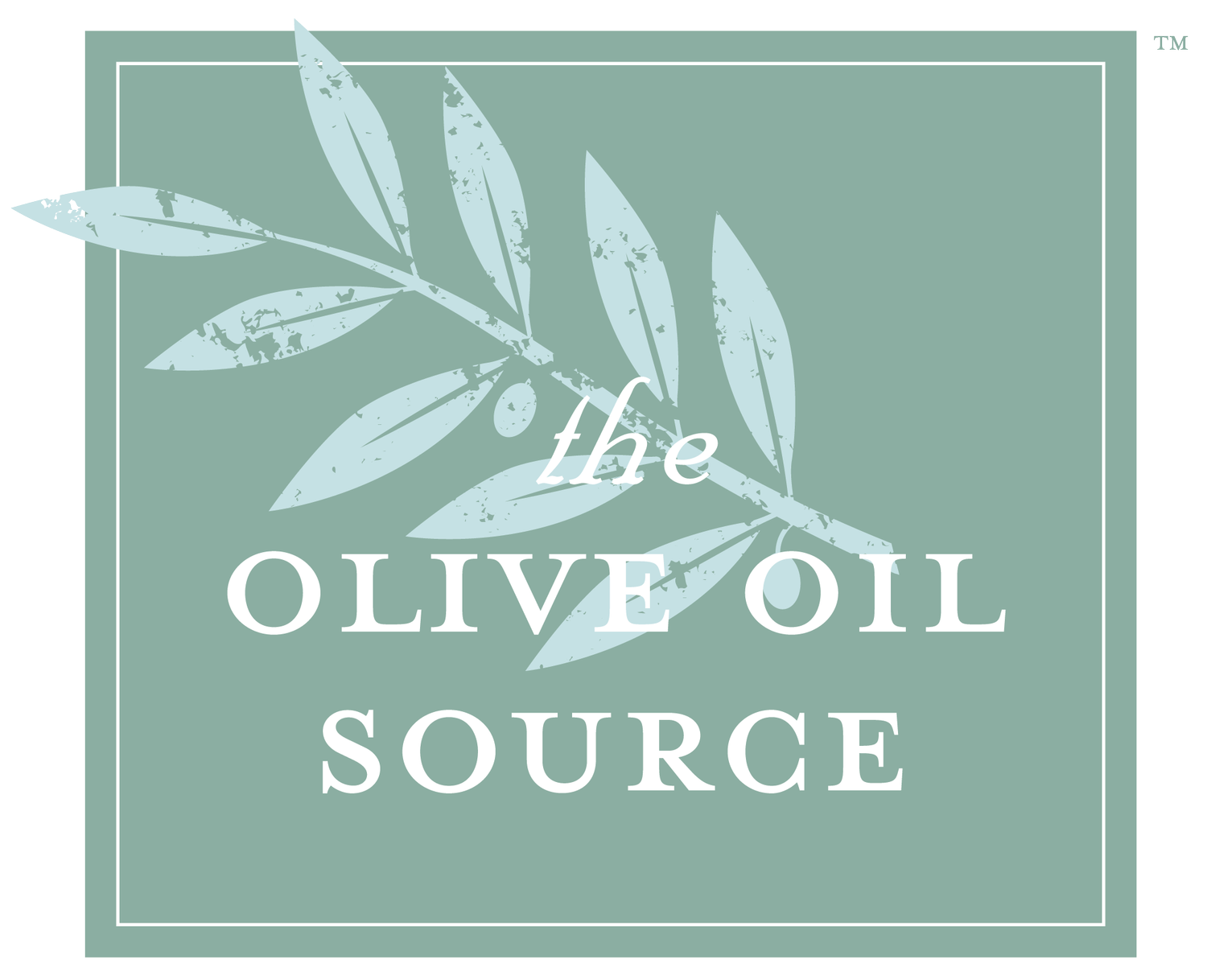The More Things Change!
This is the first part of a two part post. In fact I will probably have to make it longer than just two posts to vent all my frustrations adequately. The intent of this first section is to report on my involvement in a meeting of the Grades and Standards Committee of the Olive Oil Commission of California on Wednesday, February 27, 2019. This was a meeting open to the public so don't expect anything too interesting or controversial. The second part of the post is to address some of the history behind the events which led up to the meeting with a healthy dose of editorializing on my part.
On February 15, 2019 I received notice of the meeting to be held on the 27th and the agenda for it. The main reason for the meeting was item III on the agenda, "Adoption of Health and Safety Code Language into the Grade and Labeling Standards for California Olive Oil". This seemed a bit vague to me so I requested the actual verbiage that was being proposed for adoption. I was sent the following:
Any olive oil produced, processed, sold, or offered for sale that is labeled with both of the terms "California" and "olive oil", in the brand name or otherwise, or uses words or images to indicate that California is the source of the olive oil must be made of olive oil derived solely from olives grown in California.
I read this and was a bit perplexed. This verbiage seemed so fundamental to everything the O.O.C.C. was about as well as the primary purpose of its existence, I could not understand why this should even require adoption, let alone a meeting. It turns out that a loophole was left by the O.O.C.C. such that, should a company want to, they could put non-Californian oil in a bottle that gave the impression, by whatever was on the label, of being full of oil from California. By adopting the above verbiage, that loophole would be closed.
This would seem like a pretty straightforward issue to resolve but it took a full hour and 15 minutes of discussion to finally get a motion passed in which it was agreed that the Grades and Standards Committee would recommend to the Commission to adopt the exact phrase from the Health and Safety code that accomplished closing the loophole. The good news was that the vote was unanimous. The bad news was that it had to be done at all.
Early in the discussion I proposed the following. Companies that had in their name California or a place name in the state would have to put in the same font size as that location whatever variation from California oil was in the bottle. So, for example, if California was in your brand name and you had imported oil in the bottle, somewhere on the front label would be “imported” or “Oil from Timbuktu” or whatever, in the same font size as California or the place name. This seemed to me to be a good compromise as all Californian producers are hurting from the extremely poor crop this year and are trying to fill in for the lost sales one way or another. Unfortunately, others, of course, just make a habit of this sort of thing.
My suggestion got rejected. I had hoped to provide a workable solution that was not too onerous for the companies that were established with a place name in their name. The general sentiment of others on the commission was that this is not our concern. Our concern was to ensure the consumer got high quality extra virgin Californian olive oil when that is what the label appeared to be offering. The discussion continued and I will not bore you with the various permutations it took but ultimately it was deemed that using the exact language from the code would be most expeditious and would be least likely to result in lawsuits. In the same vein, a discussion about whether or not to include language that specifically identified using the name California, a region in the state or a place name soon bogged down as it was generally felt this would promptly result in legal action as well.
I think that the result was ultimately good for the industry and the consumer. In my next post I’ll get into why, in my opinion, I find it pathetic that this meeting had to even take place.

